LGBTQ+ Travel Safety Tips to Explore the World With Pride
Coronavirus (COVID-19) and travel: The situation around the world is changing dramatically. Various governments have changed their travel warnings to restrict travel during this time. To understand how this may impact cover under your policy, please go to our FAQs and select your country of residence.
For the latest travel warnings and alerts around the world, read about lockdowns and border restrictions.
Have a safe, happy and prideful trip by researching your destination, understanding its laws, culture, finding out where to stay and meet other LGBTQ+ travelers, and where to go for help.
Shares
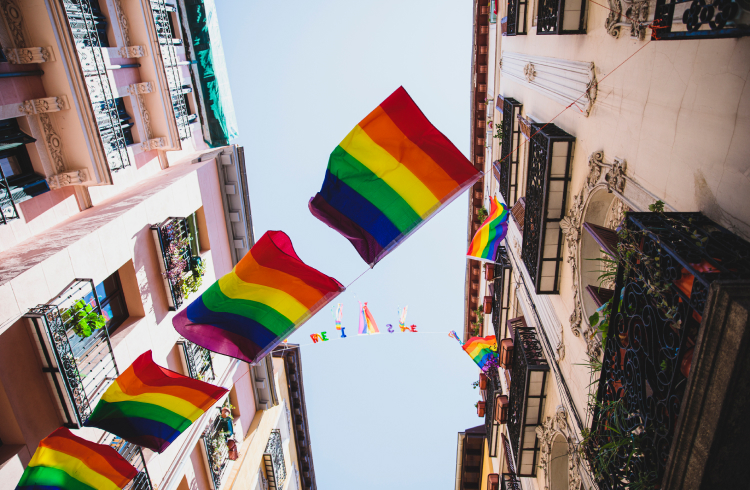 Photo © Getty Images / Lourdes Balduque
Photo © Getty Images / Lourdes Balduque
LGBTQ+ people have always traveled. Despite enormous challenges, LGBTQ+ travelers wander far and wide to enjoy the world like other travelers, but also to meet other queers. While acceptance of LGBTQ+ people has increased across the world over the last 25 years, there has also been a marked rise in anti-LGBTQ+ laws in more conservative parts of the U.S. and elsewhere in the world and a lamentable increase in anti-LGBTQ+ hostility and violence.
Though usually directed at locals, this anti-queer climate poses challenges to LGBTQ+ travelers, especially younger ones navigating the world, perhaps for the first time, and gender non-conforming, trans, and other non-binary travelers who face significant challenges in spaces created for a binary world.
Understanding the specific needs and concerns of LGBTQ+ travelers, and the resources at our disposal, helps us travel the world with the unique joy queer people bring.
- Laws and LGBTQ+ travelers
- Understanding different cultures' view of LGBTQ+ people
- LGBTQ+ accommodation
- Find your LGBTQ+ community when traveling
- LGBTQ+-friendly tourism
- Coming out while traveling
- LGBTQ+ tour operators
Laws and LGBTQ+ travelers
Despite significant societal gains, homosexuality and non-normative gender expression is criminalized in more than 60 countries with the death penalty applied in 11, according to ILGA World – the International Lesbian, Gay, Bisexual, Trans, and Intersex Association. It’s difficult for non-LGBTQ+ people to grasp but knowing a 2023 Ugandan law mandates imprisonment of a gay person simply for voicing their sexuality gives queers pause before visiting. Queer people are courageous and resilient, and we still travel to such places, but it is incumbent upon us to learn about the law before we go.
ILGA offers easy-to-understand, color-coded maps with the legal status of queer people country by country. Eleven deep-red countries have the death penalty, with five still actively imposing it. This only tells a partial story, however. Saudi Arabia, a ‘death penalty’ country declares that LGBTQ+ travelers are welcome to visit the Kingdom on their official visitor website.
Other countries, such as China, do not ban consensual same-sex sexual acts but rather use other laws to harass and intimidate queers, which ILGA describes as de facto criminalization. Check ILGA’s incredibly detailed legal analysis. But also check your government’s online resources before you visit a destination, such as Australia’s SmartTraveller.gov.au. Registering your upcoming trips and signing up for its alerts could protect you and help you steer clear of danger.
Don’t let the law prevent you from enjoying anywhere in the world but do your homework first by following queer content creators such as Nomadic Boys, Ready To Stare, and Every Queer which specialize in gay, lesbian, and non-binary travel, respectively.
Human Rights Watch (HRW) conducts top-notch reporting and advocacy including for LGBTQ+ people around the world.
Understanding different cultures’ view of LGBTQ+ people
Ironically, many countries where queer travelers consistently find a warm welcome and a strong culture of hospitality, also criminalize homosexuality. This includes Egypt whose people are happy to invite you to tea, talk for hours and perhaps sell you a rug. It’s not to say it’s a gay paradise, and certainly local queers and expat LGBTQ+ people can experience the horrors of state-sanctioned violence and hostility. But Egypt, St. Lucia, Zimbabwe, and other countries depend on tourists, and they endeavour to keep them safe.
Research the culture in the country you are visiting. While Thailand actively courts queer visitors, all guests must dress modestly when visiting temples. Women may want to consider covering their head in certain religiously conservative countries.
The more you respect the culture, the less of a target you become. If you feel unsafe or are victim of microaggressions, remove yourself from the situation as soon as possible and head to your hotel or other safe space. If you use same-sex dating or hook-up apps, be safe: only meet in public spaces; never go alone; and tell your companions, your tour operator or someone back home your plans.
LGBTQ+ accommodation
One way to stay safe especially in jurisdictions with a legal or cultural anti-LGBTQ+ posture is to find queer-owned and queer-friendly accommodation. Misterb&b is a queer-owned version of Airbnb which lists LGBTQ+-owned/friendly accommodation for queer travelers and their loved ones. The international LGBTQ+ Travel Association (IGLTA) has excellent travel guides and lists of queer-welcoming accommodation. Lesbian-run Once Upon a Journey offers tips for finding accommodation, destinations, and trips catering to queer women travelers.
Non-binary travelers should inquire ahead of time whether your hostel or hotel offers single rooms and private toilets to avoid awkward encounters. This may be particularly important in socially conservative jurisdictions. If budget is an issue, inquire about the policy: ask whether they welcome trans and non-binary guests in gender-segregated dormitory-style housing.
Find your LGBTQ+ community when traveling
Before you head off on your trip, use hashtags and the search feature on Instagram, TikTok and Facebook to find local LGBTQ+ cafes and other hangouts. In many destinations, you’ll find your people in the local LGBTQ+ center, in independent bookstores or in gay bars and other spaces. You might want to hire a local queer tour guide for an orientation to the city on your first day. This person can help you identify safe places and perhaps areas to avoid for the remainder of your trip.
If you’re anxious about visiting an unknown destination the first time, coincide your trip with its Pride celebration, an LGBTQ+ film festival, or other such gathering. There’s strength in numbers and seeing and meeting queer locals during their most joyful celebrations will help ease your concerns and provide you with local contacts who know queer-friendly locales.
LGBTQ+-friendly tourism
Queer travelers have always traveled widely. However, it is nice to visit places where you know you are wanted and where you might prefer to invest your pink dollars as a reward for their authentic outreach. Stockholm, Thailand, Great Britain, Fort Lauderdale, Florida, Puerto Rico, New York City, West Hollywood, and San Francisco want you to visit. You can find many more LGBTQ+-welcoming destinations on the IGLTA site with links to websites where you can start planning a truly queer-friendly and safe vacation.
Younger travelers who wish to join a queer-friendly tour should consider budget-friendly Contiki, a tour company specializing in social travel for 18–35-year-olds. As well as being one of the most inclusive tour operators in the world, it also appoints a queer travel ambassador every year. MeetUp is a social site facilitating gatherings with countless LGBTQ+ meetups all over the world.
Coming out while traveling
For younger queers grappling with issues around sexual orientation and gender identity, traveling may be one way to explore their sexuality and identity without risking backlash from family or others especially in socially conservative hometowns. Still, the question of whether to come out, to whom, when and how is fraught. It’s complicated and personal and depends on where you are.
This resource from National Geographic describes the tough choices individual queer travelers have faced and their solutions. This guide from GoAbroad.com is packed full of useful tips to help younger travelers come out safely. Whether you fly your rainbow flag proudly while traveling or prefer an under-the-radar approach, the decision is yours to make. The most important thing is to take courage from knowing you are one of the millions of intrepid queer travelers proudly exploring, meeting, and enjoying the world in all its messy beauty.
LGBTQ+ tour operators
Out Adventures
Zoom Vacations
HE Travel
Venture Out
Atlantis Events
VACAYA LGBTQ Vacations
Utopia is a good source for LGBTQ+ information in Southeast Asia especially for bars, saunas, and sexually-focused information.
Travel Gay offers information on bars, clubs, saunas, beaches, and hotels. You can book hotels here that are fulfilled by a gay-owned and gay-managed travel agency, OutOfOffice.com.
EveryQueer caters to lesbian and non-binary travelers.
Miss Julie Vu is a Canadian transgender traveler.
Get a travel insurance quote for Worldwide
You can buy at home or while traveling, and claim online from anywhere in the world. With 150+ adventure activities covered and 24/7 emergency assistance.
Related articles
Simple and flexible travel insurance
You can buy at home or while traveling, and claim online from anywhere in the world. With 150+ adventure activities covered and 24/7 emergency assistance.
Get a quote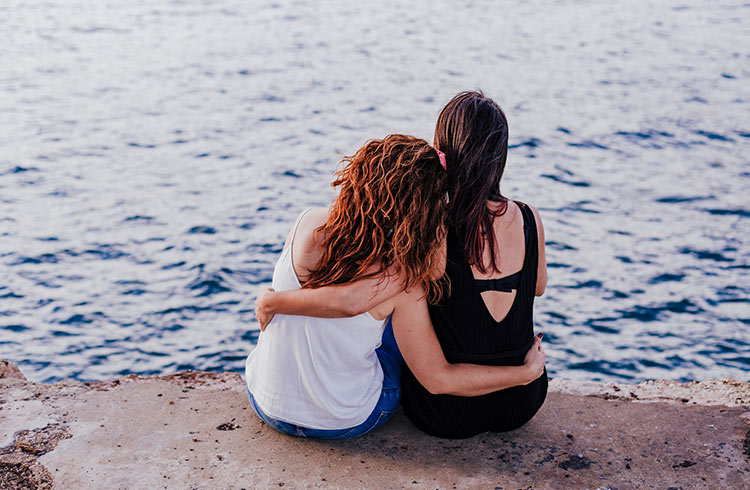
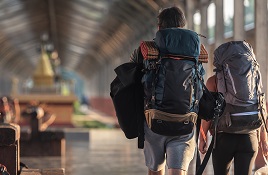
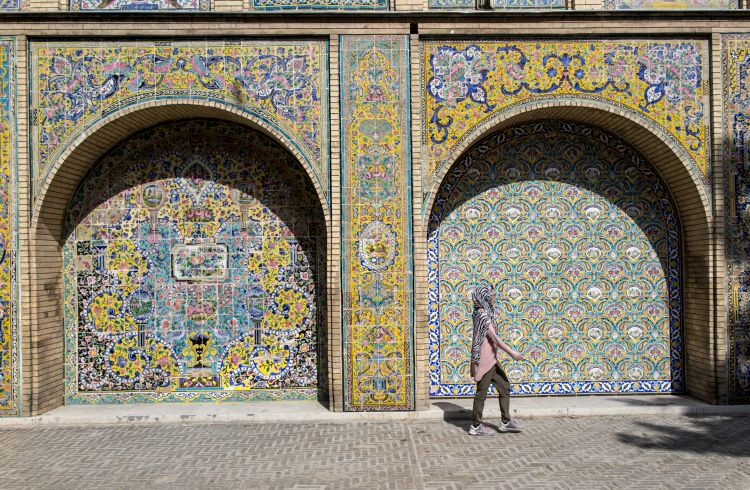
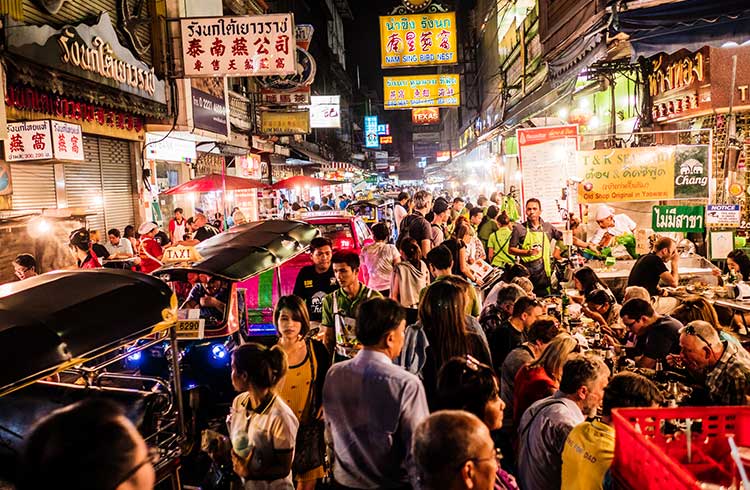
No Comments